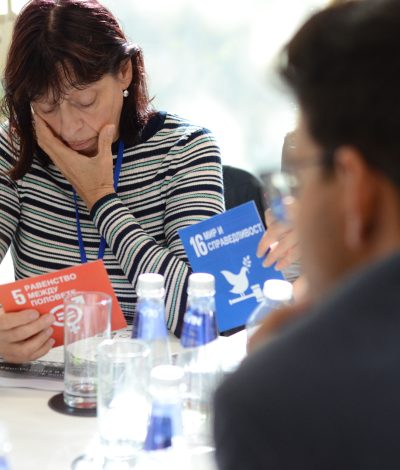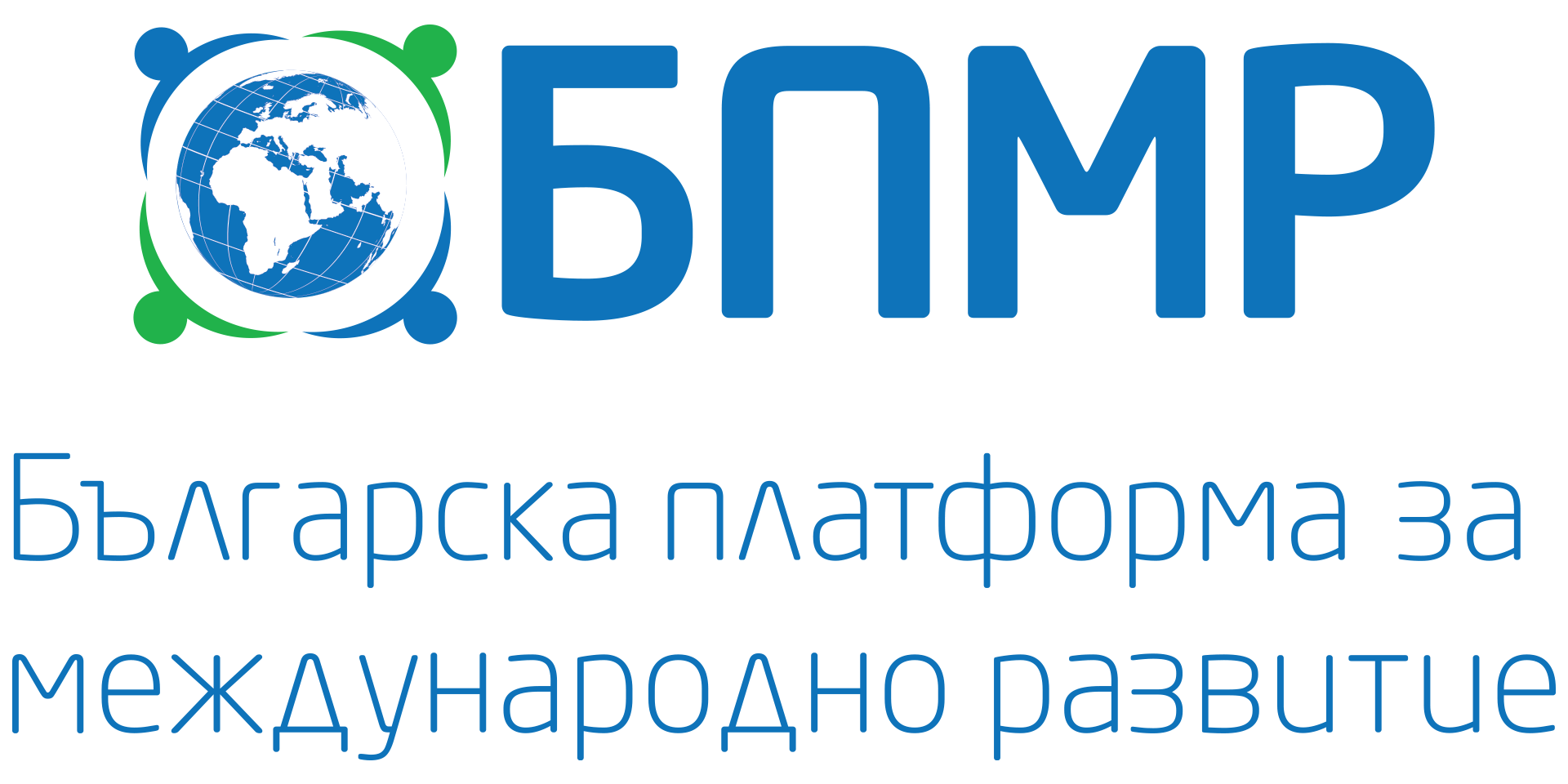Global education highlights the interconnectedness and interdependence of humanity. It aims to develop each citizen's sense of being part of a global community, not an isolated individual. To develop an appreciation for cultural diversity, social justice and human rights, but also a concern for the environment and nature.
"Global education is education about connections in the world. It brings knowledge and understanding of the global problems of humanity and builds core competencies to deal with them. It shapes an active and responsible global citizen." - Quote Definition made by teachers at a seminar in Veliko Tarnovo, 16-18 October 2015.
Global education, as defined by the Council of Europe, is education that opens the mind and heart to the interconnections and similarities that exist between people and communities around the world. It gives young people, on whom the future depends, the knowledge, skills and values that will help them make the world's future fair and shared. UNESCO describes global education as a practice that develops a sense of belonging to a wider community and humanity and emphasizes the political, economic, social and cultural interdependencies and interconnectedness between local, national and global.
Global education is also enshrined as a core element of the UN SDGs. It is included in Sub-objective 4.7 of Goal 4 (Education): by 2030, ensure that all learners acquire the knowledge and skills needed to promote sustainable development, including by teaching about sustainable development and sustainable lifestyles, human rights, gender equality, promoting a culture of peace and non-violence, global citizenship, understanding and appreciating cultural diversity and the contribution of culture to sustainable development. Global education must also develop and provide opportunities for equal access to lifelong learning for all, regardless of age, gender and social status.
Global education encompasses all the sub-themes listed in Goal 4.7 - human rights, gender equality, sustainable development, cultural diversity and a culture of peace.
"Education must be directed towards the full development of the human person and towards strengthening respect for human rights and fundamental freedoms. It should promote understanding, tolerance and friendship among all nations, racial or religious groups and promote the activities of the United Nations for the maintenance of peace."
Article 26 of the 1948 Universal Declaration of Human Rights.
Our achievements in the field
BPID is active at several levels in the field of global education:

Bridge 47
Together with 14 other European and global organisations, it implements the Bridge 47 project, which is co-funded by the EU and is part of the DEAR programme;
Advocacy
Undertakes advocacy work at European and national level in favour of Sub-Objective 4.7 of the UN SDGs;
Competitions
It holds annual Global School and Global School in Action competitions in which hundreds of Bulgarian schools participate;
Campaigns
Raises public awareness of Global Education through training, competitions and campaigns.
Strategic objectives
In order to achieve its mission in the field of global education, BPID has identified the following 4 interrelated strategic goals:
- To strengthen cooperation with the Ministry of Education and with educational institutions in order to promote the role of the school as the most important environment for the acquisition of global competences.
- To build lasting partnerships with organisations at home and abroad suitable for the exchange of experience and expertise, including training in global education.
- To develop networks of learning communities in which pupils, students and educators are encouraged to work collaboratively on global issues.
- To promote active citizenship that is open to the world, respects cultural diversity and is based on common values in the European Union as enshrined in Article 6 of the European Treaty and in the Charter of Fundamental Freedoms of the European Union.




